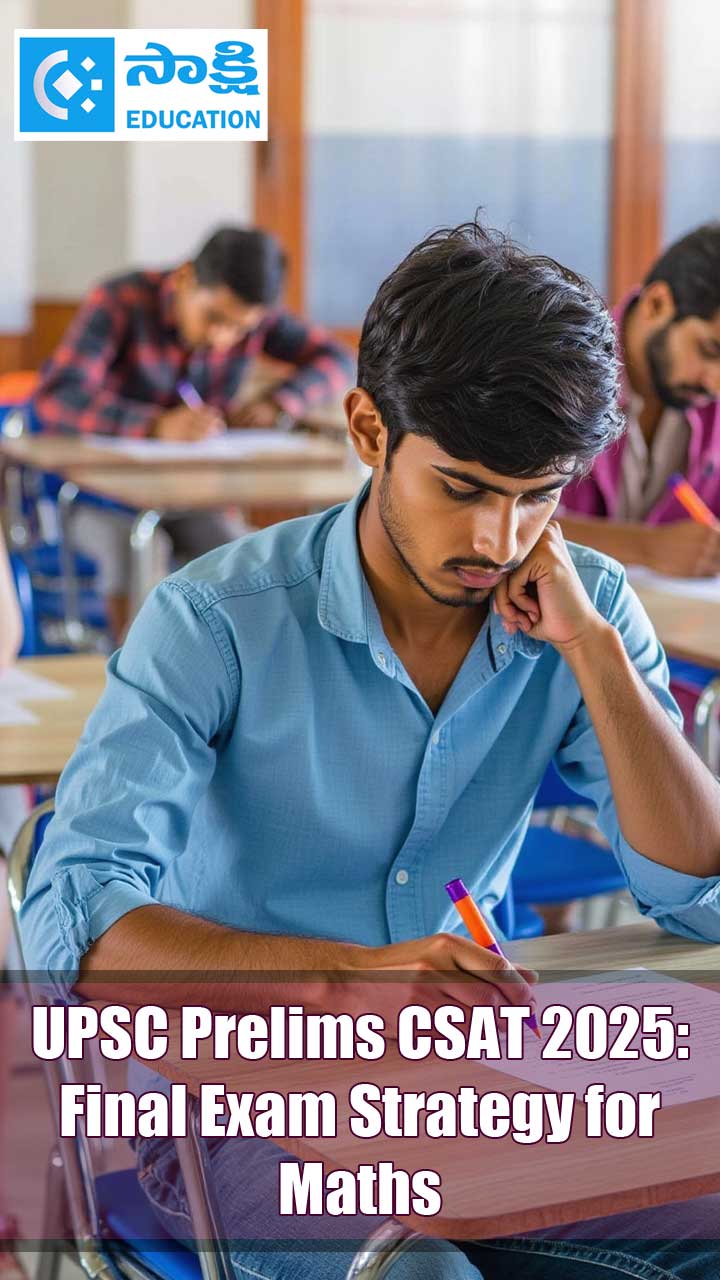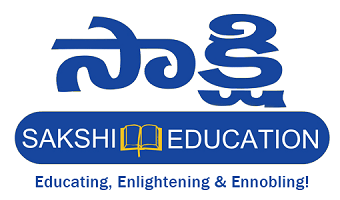India inks New Nuclear Deal with Kazakhstan
Sakshi Education
In an agreement reached while Indian Prime Minister Narendra Modi visited Kazakhstan on July 6, Central Asia’s largest economy and the world’s largest producer of uranium will supply India with 5,000 metric tons of nuclear fuel in the 2015-2019 period.


Between 2010 and 2014, Kazakhstan supplied India with 2,100 metric tons of uranium.
India has seven nuclear power plants, which operate a total of 21 nuclear reactors. Six more nuclear reactors are under construction. India’s aim is to supply a quarter of its electricity from nuclear power by 2050, an ambitious goal.
Last summer, Modi directed the Department of Atomic Energy to triple India’s nuclear capacity to 17 GWe by 2024.
Initially, the development of Indian nuclear power production was largely independent. Excluded from the nuclear nonproliferation treaty (NPT) because it acquired nuclear weapons after 1970, Indian nuclear energy development proceeded without external fuel sources or technical assistance. In September 2008, however, the Nuclear Suppliers Group (NSG)–a multinational group formed in 1974 in response to India’s first nuclear weapons test that controls the export and re-transfers of nuclear materials–granted India a waiver, allowing it to engage in international nuclear trade. The waiver came after significant U.S. pressure, most clearly stated in the signing of the Indian-United States Civil Nuclear Agreement in 2006.
India now has uranium contracts with Kazakhstan, Russia, Mongolia, Argentina, and Namibia.
Kazakhstan produces 38 percent of the world’s uranium–22,451 metric tons in 2013–more than the next three top producers combined (Canada, Australia, and Niger). The country is also set to host the International Atomic Energy Agency’s low-enriched uranium (LEU)bank, a facility which will stockpile LEU, used in civilian nuclear power reactors, in order to assure supply to members should they experience a disruption.
India and Kazakhstan also made a number of other agreements during Modi’s visit, covering military cooperation, coordination on counterterrorism, and range of economic and business deals. Other agreements are in defence, railways
Modi gift to Kazakhstan President:
Prime Minister Narendra Modi presented a set of books relating to religions born in India to Kazakhstan President Nursultan Nazarbayev. The gift set includes the English translation of Guru Granth Sahib along with specially commissioned reproductions from the manuscripts collection of National Museum in Delhi.
The gift set also includes one of Jainism's revered texts, Bhadrabahu's Kalpasutra in Prakrit; one of Buddhism's scriptures Ashtasahasrika Prajnaparamita in Sanskrit; and a Persian translation of Valmiki's Ramayana in nastaliq script.
President Nazarbayev has been organising a Congress of Leaders of World and Traditional Religions every three years at the Palace of Peace and Accord in Astana since 2003.
India has seven nuclear power plants, which operate a total of 21 nuclear reactors. Six more nuclear reactors are under construction. India’s aim is to supply a quarter of its electricity from nuclear power by 2050, an ambitious goal.
Last summer, Modi directed the Department of Atomic Energy to triple India’s nuclear capacity to 17 GWe by 2024.
Initially, the development of Indian nuclear power production was largely independent. Excluded from the nuclear nonproliferation treaty (NPT) because it acquired nuclear weapons after 1970, Indian nuclear energy development proceeded without external fuel sources or technical assistance. In September 2008, however, the Nuclear Suppliers Group (NSG)–a multinational group formed in 1974 in response to India’s first nuclear weapons test that controls the export and re-transfers of nuclear materials–granted India a waiver, allowing it to engage in international nuclear trade. The waiver came after significant U.S. pressure, most clearly stated in the signing of the Indian-United States Civil Nuclear Agreement in 2006.
India now has uranium contracts with Kazakhstan, Russia, Mongolia, Argentina, and Namibia.
Kazakhstan produces 38 percent of the world’s uranium–22,451 metric tons in 2013–more than the next three top producers combined (Canada, Australia, and Niger). The country is also set to host the International Atomic Energy Agency’s low-enriched uranium (LEU)bank, a facility which will stockpile LEU, used in civilian nuclear power reactors, in order to assure supply to members should they experience a disruption.
India and Kazakhstan also made a number of other agreements during Modi’s visit, covering military cooperation, coordination on counterterrorism, and range of economic and business deals. Other agreements are in defence, railways
Modi gift to Kazakhstan President:
Prime Minister Narendra Modi presented a set of books relating to religions born in India to Kazakhstan President Nursultan Nazarbayev. The gift set includes the English translation of Guru Granth Sahib along with specially commissioned reproductions from the manuscripts collection of National Museum in Delhi.
The gift set also includes one of Jainism's revered texts, Bhadrabahu's Kalpasutra in Prakrit; one of Buddhism's scriptures Ashtasahasrika Prajnaparamita in Sanskrit; and a Persian translation of Valmiki's Ramayana in nastaliq script.
President Nazarbayev has been organising a Congress of Leaders of World and Traditional Religions every three years at the Palace of Peace and Accord in Astana since 2003.
Published date : 09 Jul 2015 12:57PM













